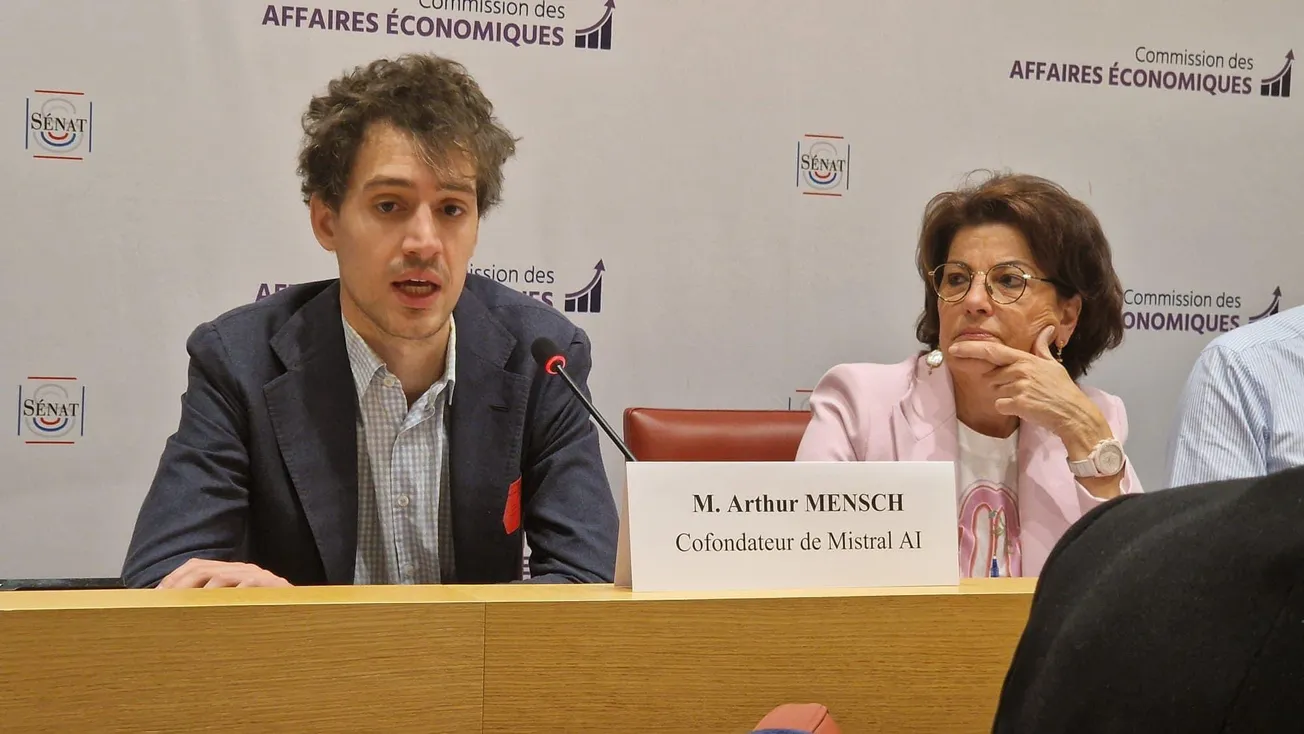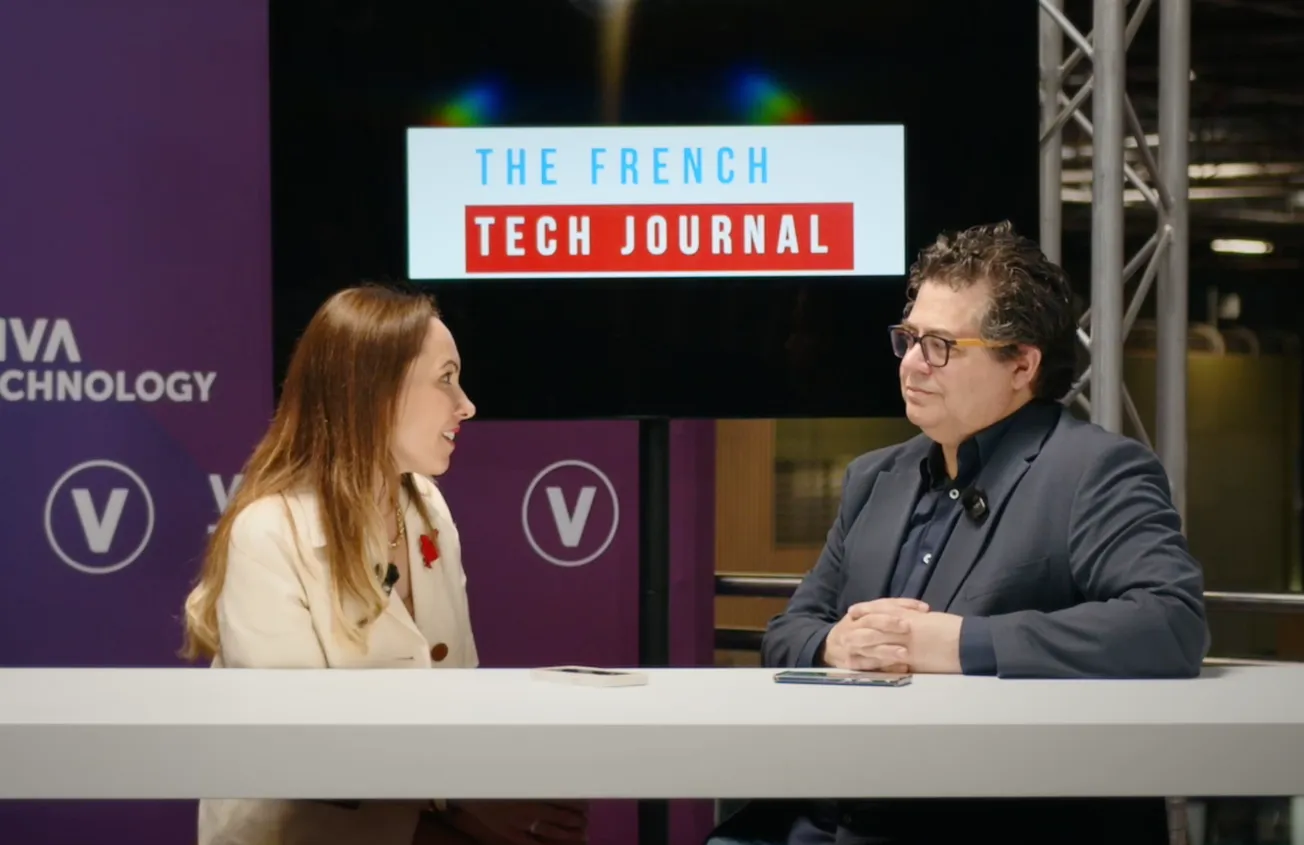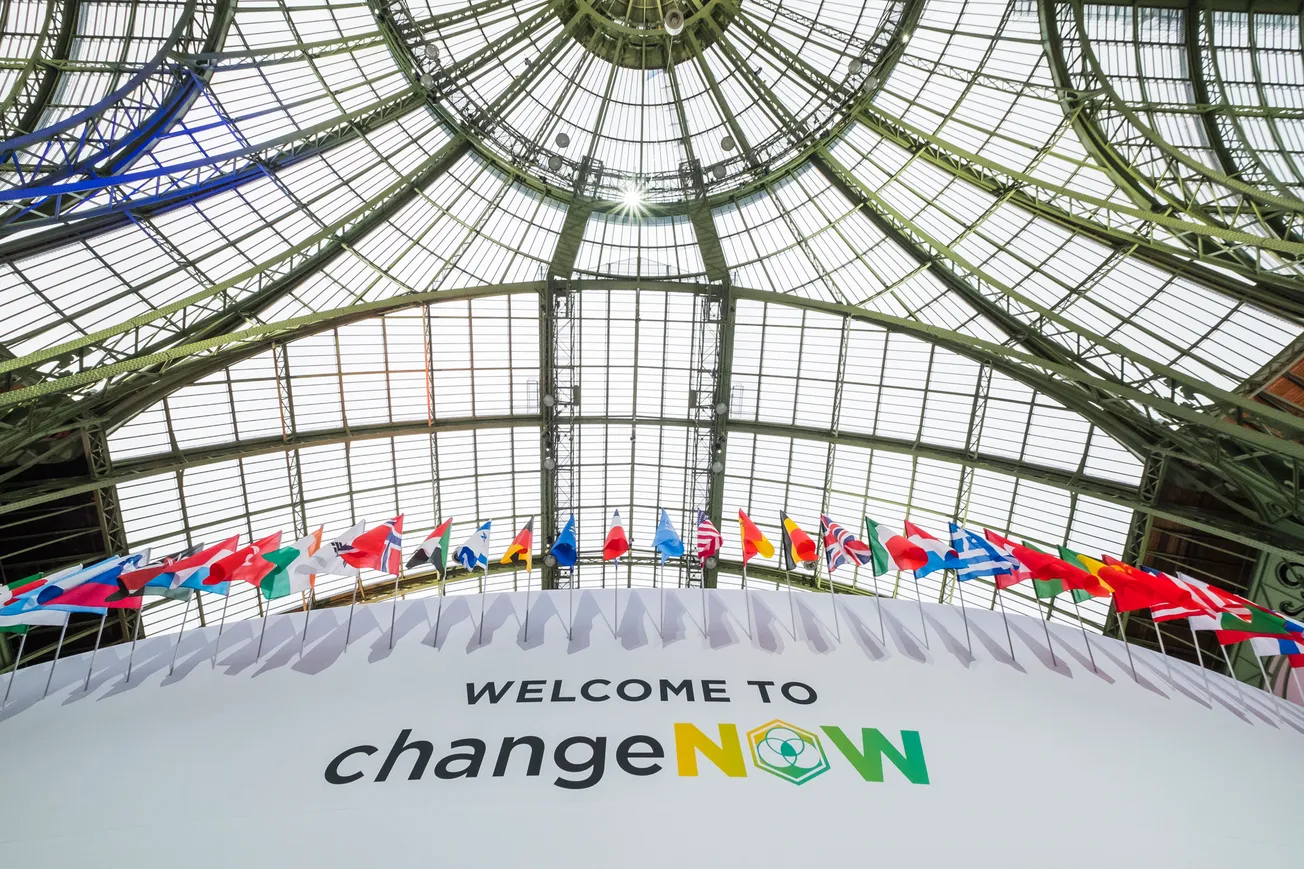Just a couple of weeks after Mistral AI celebrated its first birthday, Co-Founder and CEO Arthur Mensch appeared before the French Senate's Economic Affairs Commission. For 90 minutes, he responded to a wide range of questions from members with Commission President Dominique Estrosi Sassone playing the role of moderator.
Mensch co-founded Mistral AI withTimothée Lacroix and Guillaume Lample in April 2023 to be an open-source competitor to emerging U.S.-based GenAI foundation model startups such as Open AI.
Mistral immediately delivered a shock by raising a staggering (by French standards) €105 million Seed Round, followed a few months later by a €385 Series A round, and then a €468 million round on June 10 at a €5.8 billion valuation. The Senate hearing was held on May 25 (just a couple of weeks before the latest funding was confirmed), but Sassone referred to the first 2 fundraising rounds as “figures that are dizzying, to say the least."
While Mensch was optimistic about France's AI ecosystem, he was also clear that the structure of the nation's venture capital firms had forced it to seek the massive early funding it needed in the U.S. In addition, the nation's labor rules were making it difficult to quickly recruit top talent, forcing the company to turn to the U.S. for expansion.
The following are edited excerpts of the questions posed by the Senators and Mensch's response.
Q: Could you give us an update on your development and what sets you apart from the GAFAMs?
AM: We're positioning ourselves today as a competitor offering something different to the big American companies who also make these foundation models, but who do so in a very centralized way and offer these models behind services that are closed. And the difference is that we offer them in a more open way, i.e., we bring the software to our customers, and as such, we have designed our distribution strategies over the first year to make open models available. In other words, we've made our technology available free of charge, so that developers, who are the first people we're talking to, the people who make applications, can take hold of this technology, deploy it wherever they want - not necessarily in the three American public clouds - and modify it as they see fit.
The reason we launched Mistral was to say that we knew how to make this technology in France, that we could recruit a talented team very quickly, and then, rapidly propose foundational models...In France, one of the advantages was that we had the capacity to have a high-performance team.
We put what was about to be a particularly oligopolistic field back on a path where there was an opportunity perhaps for a little more decentralization, thanks to the model we were proposing. What we offer is an open, portable alternative, independent of cloud providers. We built this independence by opening up several distribution channels via these cloud providers. So they are both competitors and partners.
That's the motivation for proposing an alternative to the natural course of things, which would be to leave the keys to this technology to the four companies that have captured most of the value of tech in the last 20 years and which, thanks to their dominant position, can largely capture most of the added value of the new industrial revolution that's coming in the next 20 years.
What's more, we're a European company, which means we're incorporated in France, which means we're certainly more concerned about a certain number of cultural issues. As such, we have placed particular emphasis on mastering European languages, because that's where our market was, and on the personalization aspect of our models. As we're talking about content-generating models, there's a cultural aspect, a bias selection aspect, a value selection aspect. And so our approach, which I think differs greatly from that of the Americans, is that we allow the developers and users of our technologies to specialize and incorporate the values they choose in the models and in the technology.
Q: How do you see the development of the French national artificial intelligence research ecosystem today? Are you satisfied with it?









